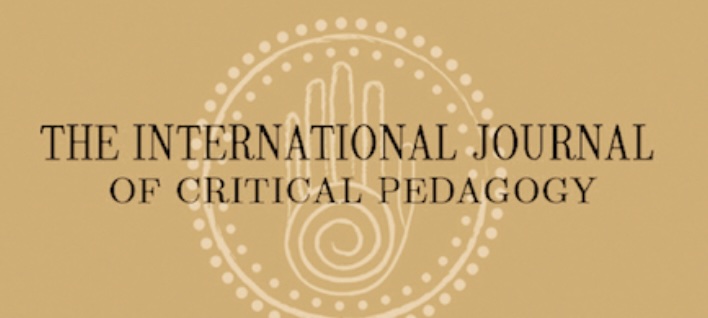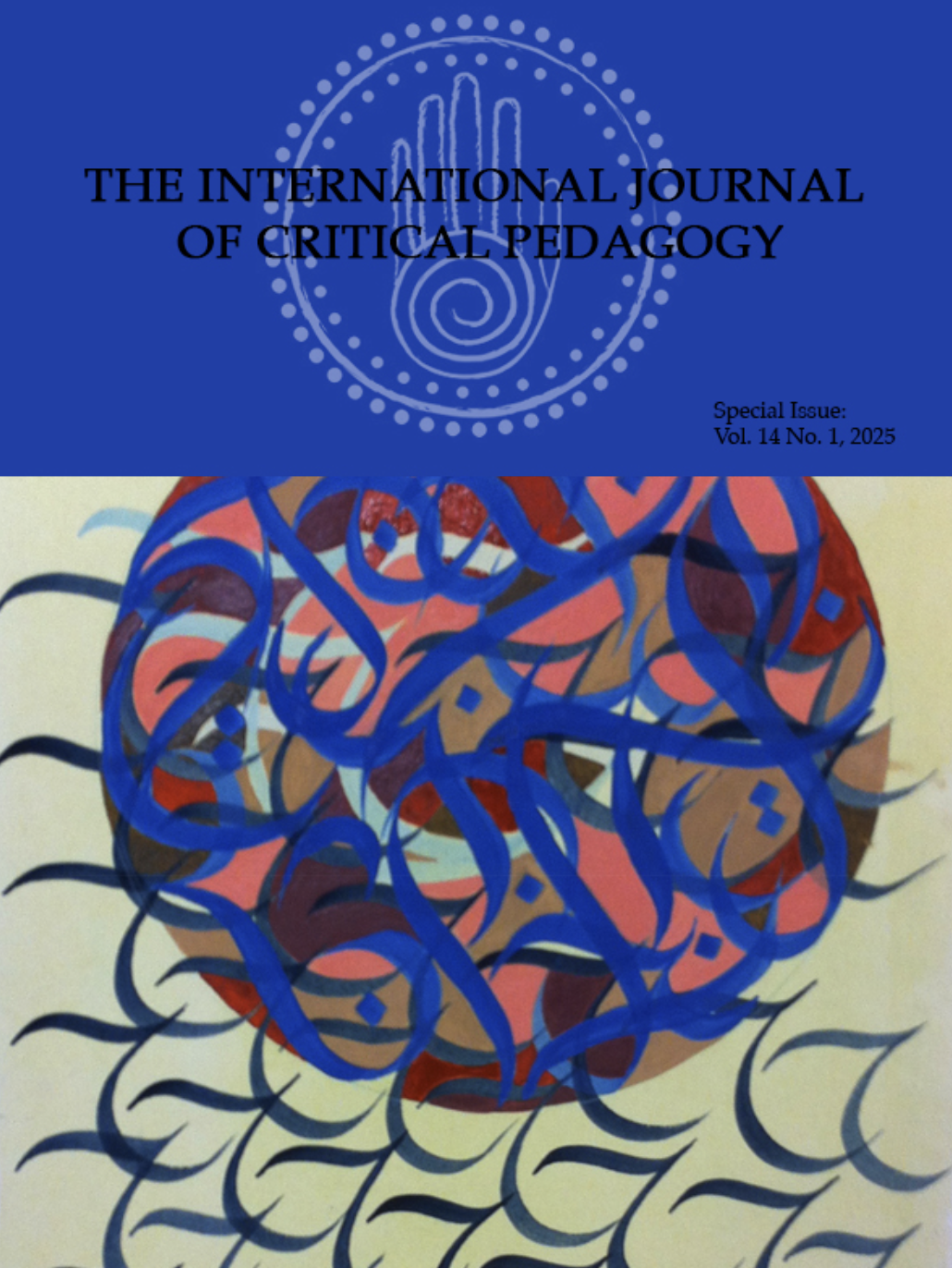Abstract
Whiteness and White privilege are not terms that are easily identifiable, well known and or universally accepted. This article argues that Whiteness captures different, overlapping and fundamental concerns that shape contemporary societies globally, and can be used to understand, problematize and deconstruct a range of social conditions, interactions, and lived realities for all people. Education, social class affiliations, religious connections, and an infinite number of experiences shape (individual and collective) identity; however, the history of our times has made race an inextricably salient feature of our collective consciousness. There have been multiple claims of color-blindness, and the prospect of a post-racial society has been propagated by many mainstream, normative groups, especially espousing the Eurocentric (White) vision and version of reality, history, hegemony, culture and society. To meaningfully discuss Whiteness and White privilege, it is necessary to consider the context, and how historical, cultural, social, political, and economic factors are diverse (and sometimes similar) in varying geographic spaces and nations. The objective of work around Whiteness is, ultimately, to build a more decent society, achieve greater levels of social justice, and to address the deeply held values, manifestations, and realties that can lead to marginalization, racism, hatred, differentiated outcomes, and perverse social realities within cultural diversity, and ‘multicultural’ societies. This article links the analysis of Whiteness, power, and privilege to education, concluding with some suggestions for critical engagement in and through education so as to, hopefully, lay the groundwork for social justice and a more socially just society.
Keywords: Whiteness, racism, social justice, teacher education, cultural pluralism
How to Cite:
Carr, P. R., (2016) “Whiteness and White Privilege: Problematizing Race and Racism in a “Color-blind” World and in Education”, International Journal of Critical Pedagogy 7(1).
Downloads:
Download PDF
View PDF

